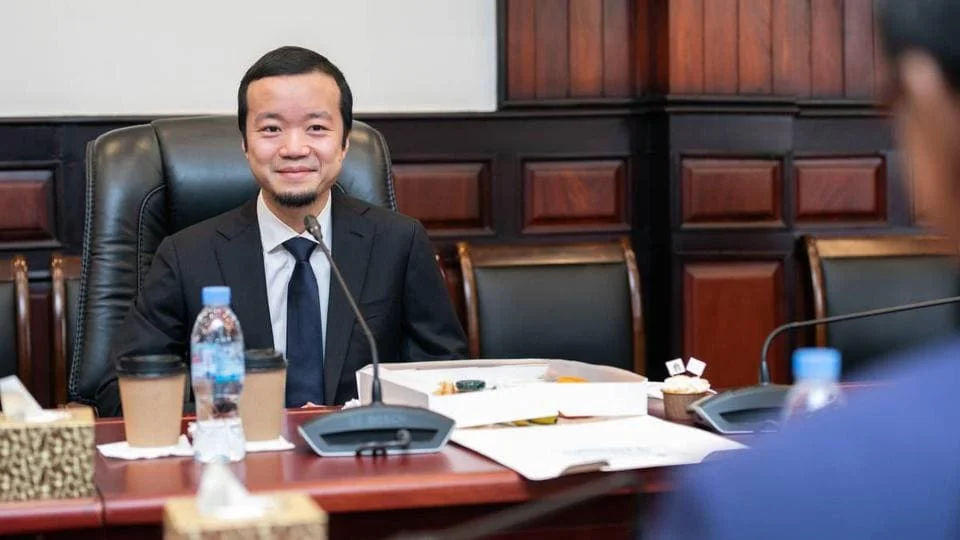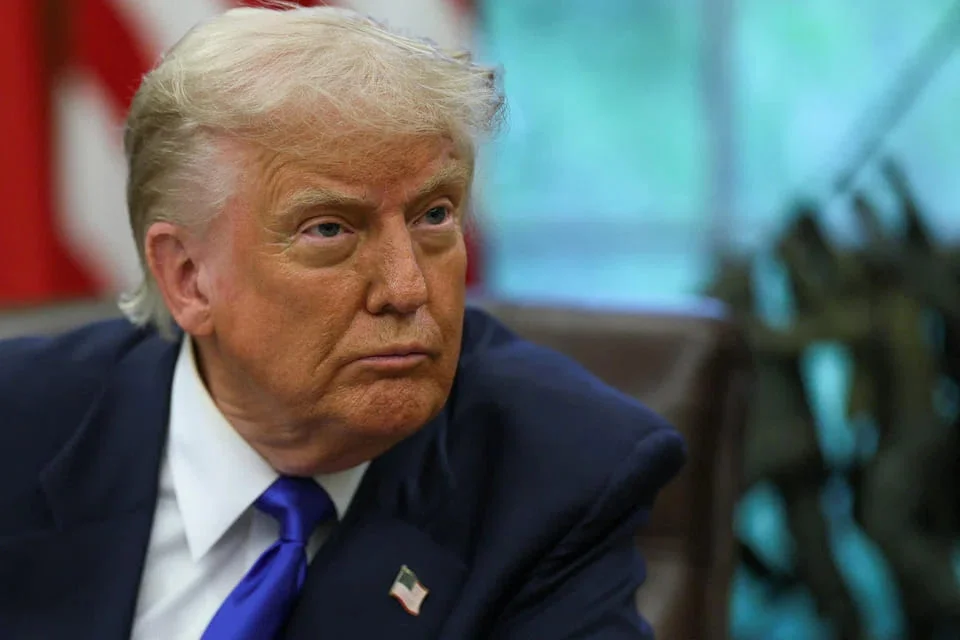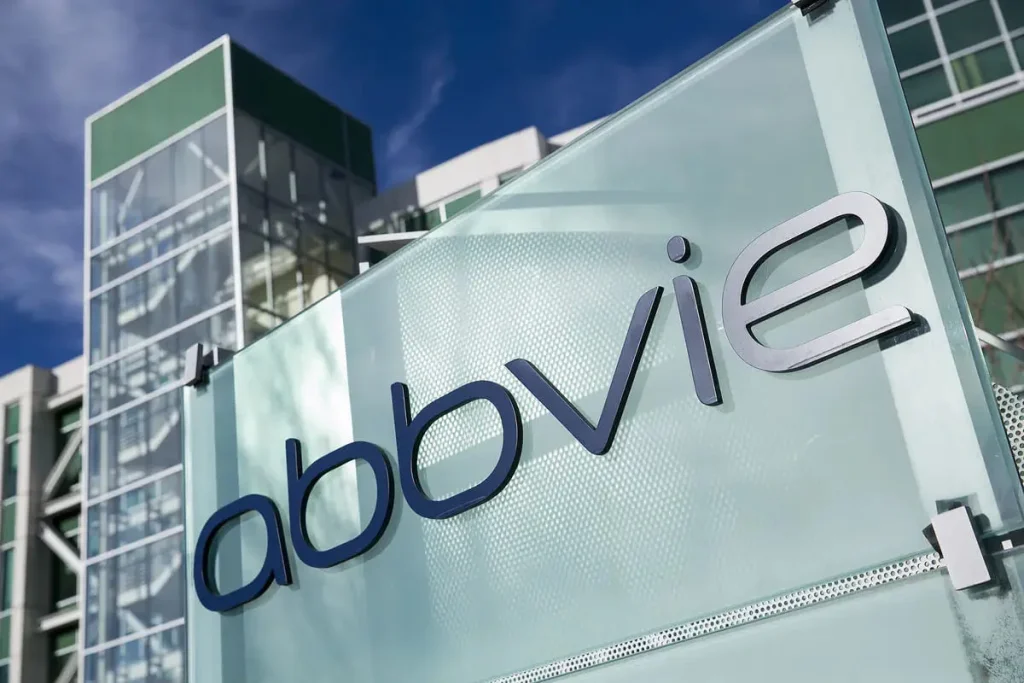The United States has intensified its call for a “robust and clear” international investigation into the origins of the COVID-19 pandemic. White House spokeswoman Jen Psaki emphasized the need to understand the virus’s early days in China, where it first emerged in Wuhan.
The demand comes as global infections surpass 100 million and deaths exceed 2.1 million, per AFP data from January 2021. The World Health Organization (WHO) team, tasked with probing the virus’s origins, awaited approval in China on January 28, 2021, after a 14-day quarantine.
Beijing’s delays and lack of transparency have frustrated global efforts, raising tensions. This call aligns with ongoing vaccine disputes, including a row between the EU and Britain over AstraZeneca supplies.
Challenges in Tracing COVID-19’s Origins
Beijing has obstructed international efforts to investigate the virus’s origins, only recently allowing the WHO team into Wuhan after repeated delays. China has deflected blame, suggesting without evidence that the virus originated elsewhere.
Former US President Donald Trump accused China of mishandling the outbreak, fueling diplomatic friction. Psaki, on January 27, 2021, expressed concerns about misinformation from Chinese sources, stressing the need for a credible probe.
The WHO team, expected to start work under tight security, faces challenges accessing key sites like the Wuhan Institute of Virology. Posts on X from January 2021 reflect skepticism about China’s cooperation, with users like @GlobalWatch21 questioning the probe’s impartiality.
WHO Mission Faces Local Resistance
The WHO’s mission in Wuhan, highly anticipated for its potential to clarify COVID-19’s origins, is under scrutiny. Relatives of Wuhan’s COVID-19 victims accused Chinese authorities of silencing them by deleting their social media group and pressuring them to stay quiet.
These actions, reported by Hindustan Times, suggest efforts to avoid embarrassment during the probe. The team plans to visit the Wuhan “wet market” and other sites, but access remains uncertain.
The mission’s goal is not to assign blame but to prevent future outbreaks, per WHO’s Mike Ryan. However, political tensions and China’s secrecy complicate the investigation, as noted in X posts calling for transparency.
Global Context: Vaccine Struggles and Rising Cases
As the US demands a thorough probe, global infections have topped 100 million, with vaccine shortages sparking conflicts. The EU and Britain clashed over AstraZeneca vaccine supplies, highlighting global inequities. In Africa, countries like Senegal and Algeria secured limited doses, while wealthier nations hoarded supplies, per January 2021 reports.
The WHO warned of rising cases in Africa, driven by the 501Y.V2 variant, adding urgency to understanding the virus’s origins. The US, under Biden, plans to use its intelligence community to verify the WHO’s findings, signaling distrust in China’s cooperation, as Psaki noted.
Implications for Global Health and Diplomacy
The US demand for a robust probe underscores the need for transparency to prevent future pandemics. China’s resistance and alleged suppression of victims’ voices raise doubts about the WHO mission’s success. The investigation’s outcome could shape US-China relations and global health policies.
As vaccine rollouts falter and variants spread, understanding COVID-19’s origins remains critical. The US’s push, backed by allies, aims to ensure a credible investigation, but China’s cooperation will determine its impact.






